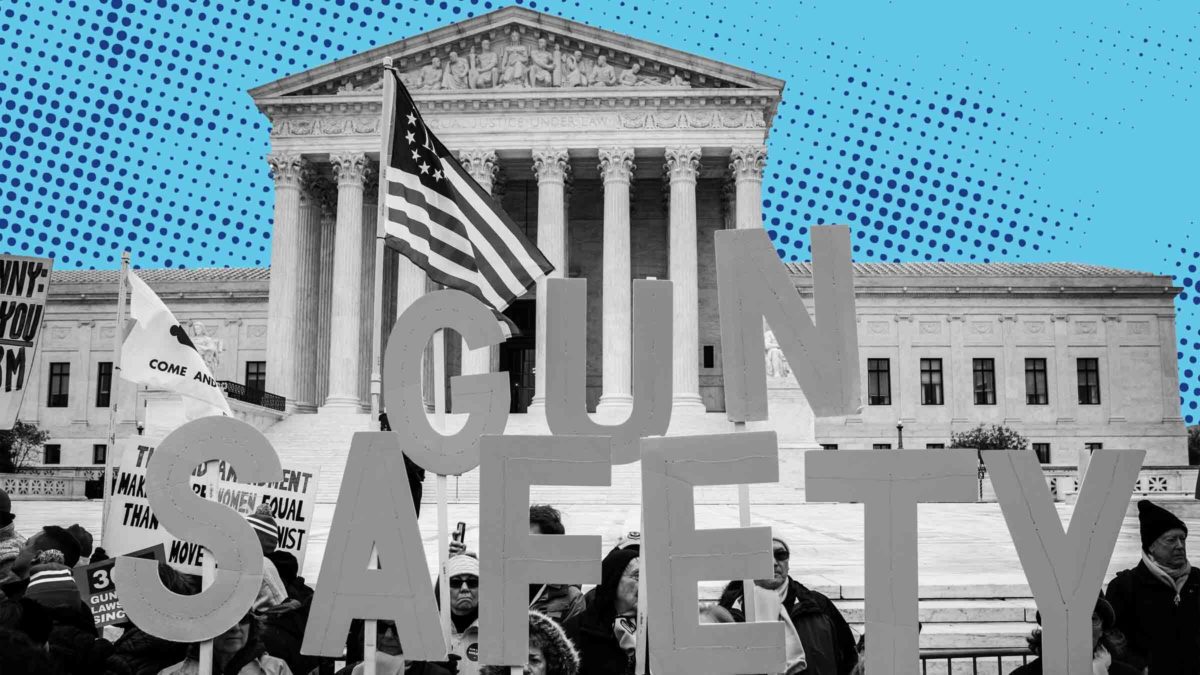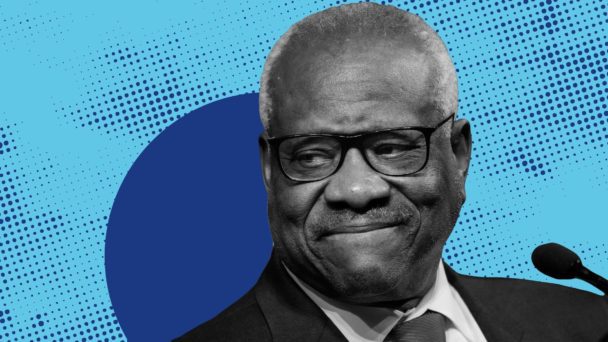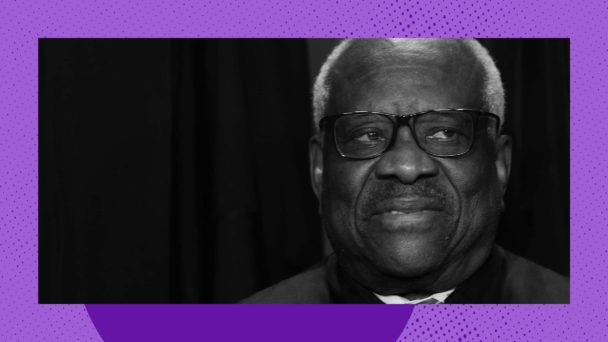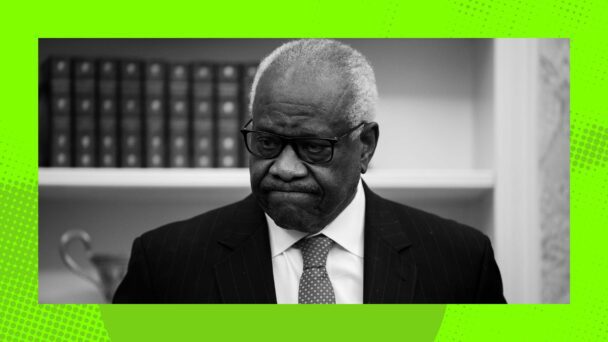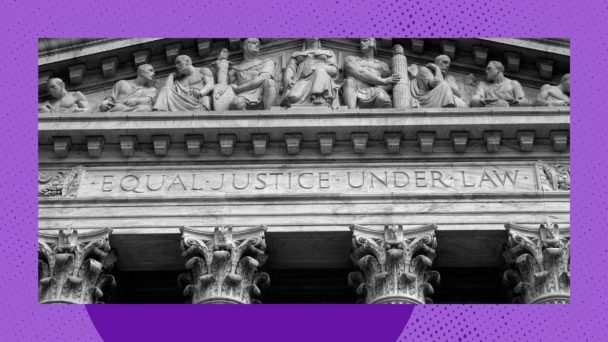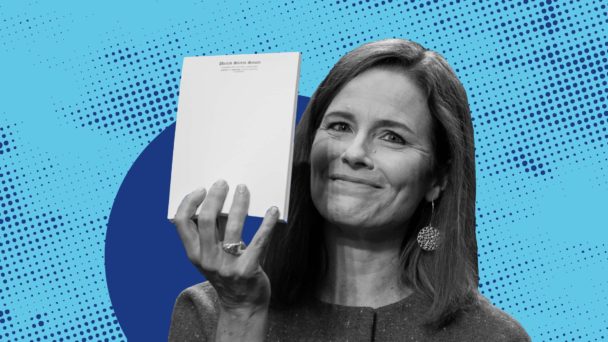The right to a gun in the United States keeps getting bigger. In 2008, the Supreme Court invented an individual right to keep unsecured guns in the home, untethered to the Second Amendment’s language about a “well-regulated militia.” In 2022, it struck down New York’s license requirement to carry a concealed weapon in public, and announced that gun laws are presumptively unconstitutional unless they have, in the opinion of the Court’s conservative supermajority, a sufficiently analogous historical analogue.
Now, this right to unrestricted gun possession is moving into banks, churches, and hospitals. On Friday, a three-judge panel of the Ninth Circuit Court of Appeals issued a ruling in Wolford v. Lopez, a case that arose after Hawaii and California passed laws that ban people from carrying firearms onto specific types of property, such as bars, playgrounds, and courthouses, unless the person received express permission from the property owner. The Wolford ruling means that California’s law can’t be enforced in hospitals, nursing homes, places of worship, or banks. Hawaii’s law similarly can’t be enforced in banks or their parking lots, or parking lots shared between government and non-government buildings.
Previously, the Supreme Court has said that its expansions of the Second Amendment do not undermine laws prohibiting guns in “sensitive places,” a term that has encompassed government buildings, places with kids, places with alcohol, and other places where it would be particularly bad if something popped off. But after dusting off the history books, the Ninth Circuit settled on two standards for determining whether a place is “sensitive,” depending on how “historical” a place is: For “places that have existed since the Founding,” states seeking to curtail the right to gun possession still have to “identify historical regulations” that would justify the “sensitive” designation.
But in “places that are newer,” the Wolford panel says, the test is a little easier, since it would be “illogical to expect a government to regulate a place before it existed in its modern form.” (For instance, the panel notes, it would make “little sense to ask whether the Founders regulated firearms at nuclear power plants.”)
As a result, the Wolford court reasoned that the country has always had banks, but because there is no historical tradition of banning guns at banks, states cannot do so now. Playgrounds, in contrast, did not exist at the Founding, and are found primarily at schools. And since the Court has permitted banning guns at schools, states can ban guns at playgrounds, too.
The Ninth Circuit recognized these limitations as wholly arbitrary, since lives are not worth more or less depending on what building they’re in. As the panel put it, the Court’s rule means that “a State likely may ban firearms in museums but not churches; in restaurants but not hospitals; in libraries but not banks.” As for why the state’s power is limited in these ways, Judge Susan Graber, writing for the panel, couldn’t tell you: “The lack of an apparent logical connection among the sensitive places is hard to explain in ordinary terms,” she wrote. Basically, this seems awfully silly if you are a normal person whose brain has not been pickling in originalism juice.
All three judges in Wolford—Graber, Mary Schroeder, and Jennifer Sung—are Democratic appointees, and they tried to assure readers that things aren’t as bleak as they might seem. Although Second Amendment rights extend to public and private property, Graber wrote, it remains “the right of a private property owner to exclude others, including those bearing arms.” This means, even though the state can’t ban guns in these places, the property owners can still say there are no guns allowed.
This is not much of a consolation. Wolford’s solution to the Supreme Court’s guns problem is to make random property owners responsible for Americans’ safety, and make anyone on that property hope for the best. The idea that the government should not have power to care for the country’s residents, leaving everyone to fend for themselves, is a mainstay of the conservative legal thought that has taken over the judiciary. The Ninth Circuit’s adoption of that rationale means public safety depends on an individual’s force of will. For this to be the most optimistic view the panel can offer underscores the grim state of Second Amendment jurisprudence.
